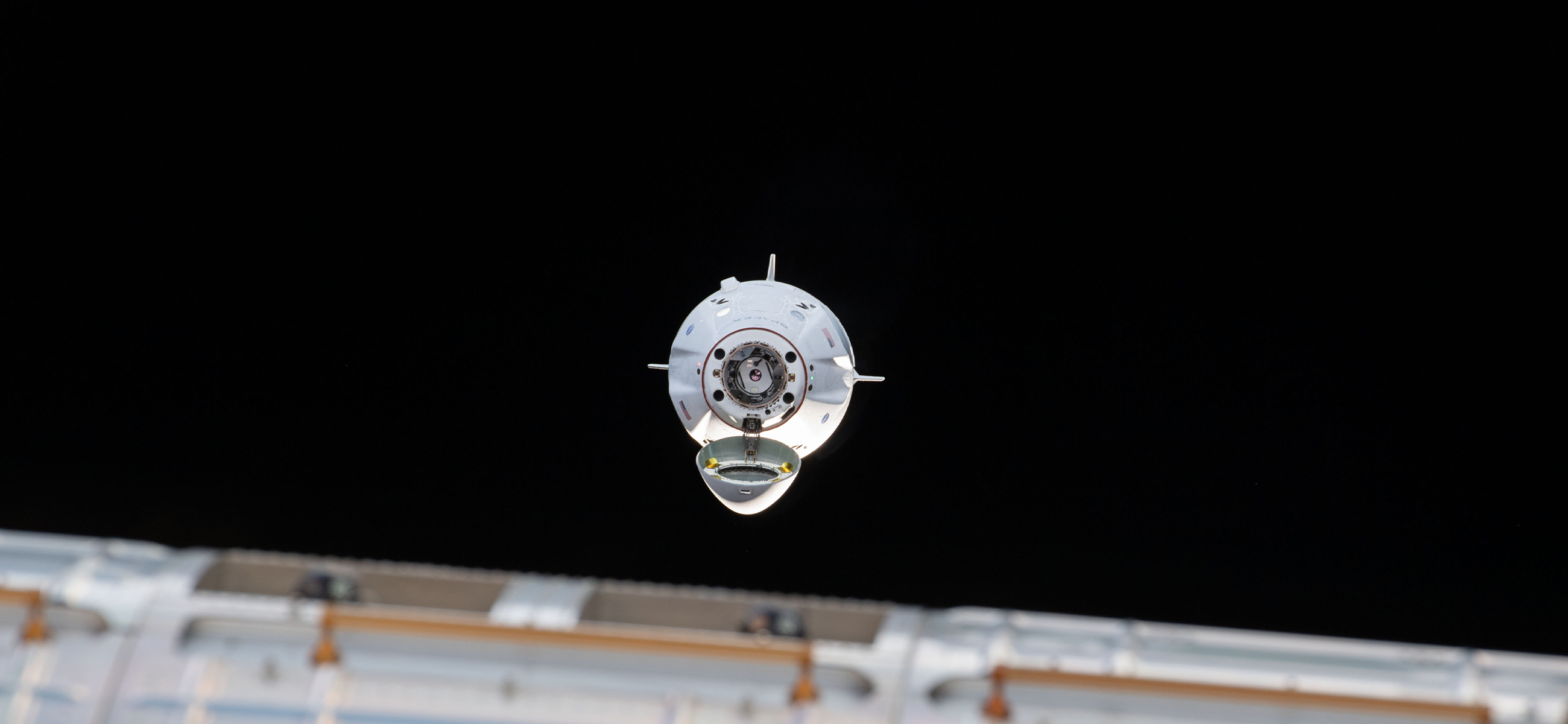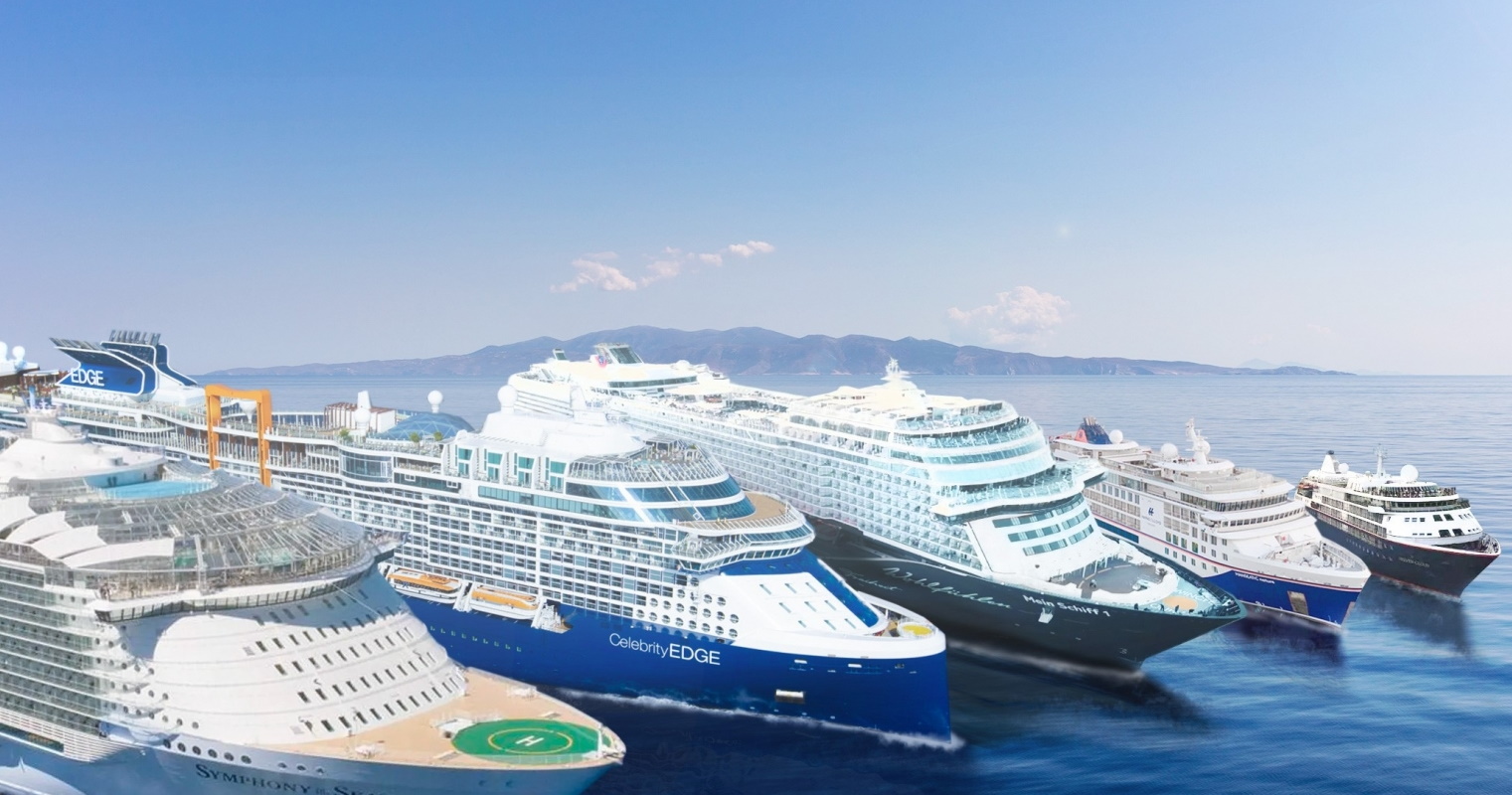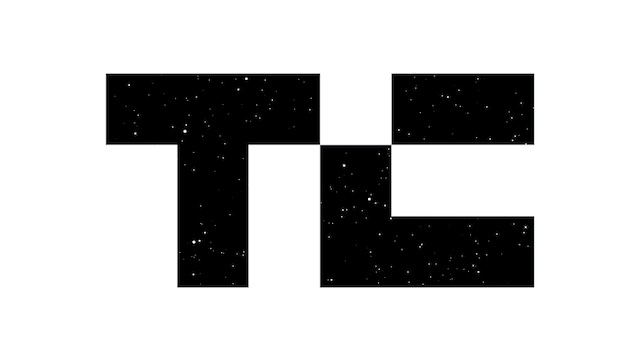Products You May Like
Hello and welcome back to Max Q. Happy Labor Day! Due to the scheduling of the newsletter, I’ll have finished writing this by the time NASA makes the second launch attempt of the Artemis I mission. By now, you probably already know how it all went down anyway! In this issue:
- SpaceX lands more astronaut transportation missions
- Starlink is coming to Royal Caribbean
- News from Axiom Space, Ursa Major and more
By the way… TechCrunch Disrupt finally returns — live and in person — to San Francisco on October 18-20. Use this link to receive 15% off passes (excluding online and expo).
NASA has finalized an agreement with SpaceX to purchase five more astronaut transportation missions to and from the International Space Station, further entrenching the space company’s position as the prime services vendor for the space agency.
The new contract — for the Crew-10, Crew-11, Crew-12, Crew-13 and Crew-14 missions — is valued at $1.4 billion. It brings the total contract value for all 14 transportation missions, part of the Commercial Crew Transportation Capability (CCtCap) program, to $4.9 billion. The funds include use of SpaceX’s Crew Dragon capsule to transport up to four astronauts, the Falcon 9 rocket for launch and all other return and recovery operations. NASA announced its intention to order the additional missions in June.

Image Credits: SpaceX
Just one month after SpaceX announced its Starlink Maritime service, Royal Caribbean Cruise Lines said it will add the service to its entire cruise fleet. It’s no surprise: The test deployment “received tremendous positive feedback,” the cruise line said in a statement.
The coverage will likely be better than what currently exists on cruise ships today. The service is costing around $5,000 per month, not including a $10,000 hardware fee paid upfront.

Image Credits: Royal Caribbean
More news from TC and beyond
- ABL Space Systems will fly the RS1 rocket for the first time as soon as the U.S. Federal Aviation Administration administers the launch license, founder Dan Piemont said on LinkedIn.
- Astra landed a deal with Airbus OneWeb Satellites, the joint venture that manufactures satellites for OneWeb, to provide Astra Spacecraft Engines for the small satellites built by AOS.
- Axiom Space signed an agreement with NASA for a second fully private mission to the International Space Station, to launch in the second quarter of 2023.
- China’s Ministry of Science and Technology approved a performance evaluation of an in-space nuclear reactor, which could be used for power and propulsion on spacecraft.
- Elon Musk said SpaceX is targeting 100 orbital flights next year, or a launch cadence of about one mission ever 3.6 days.
- Firefly Aerospace announced Bill Weber, an aerospace executive who was most recently CEO of KeyW Corporation, as CEO as the company looks to its next orbital launch attempt on September 11.
- NASA and China are considering the same landing sites on the lunar south pole for their separate exploration programs.
- Orbit Fab announced the pricing for its refueling service for spacecraft in geosynchronous orbit: $20 million for 100 kilograms of hydrazine.
- Outpost, a company building reusable satellites, closed a $7.1 million seed round led by Moonshots Capital, with participation from Draper Associates, Starlight Ventures, Kittyhawk Ventures, AIR Capital, Starburst Ventures, Shasta Ventures and others.
- Phase Four, a startup developing radio-frequency plasma propulsion systems, said its newest board member is former NASA administrator Jim Bridenstine.
- Rocket Lab completed a successful test fire of a reused Rutherford engine for the first time, taking the company one step closer to making the Electron rocket fully reusable.
- Skyroot Aerospace raised a $51 million Series B led by GIC to further develop its small launchers.
- SpaceX conducted a static fire test of three Raptor engines on the Super Heavy booster for the first time, part of the company’s test campaign of its ultra-super-heavy launch system Starship.
- Ursa Major landed a $3.6 million contract with the U.S. Air Force to spur the development of the company’s 5,000 pound thrust Hadley rocket engine.
Max Q is brought to you by me, Aria Alamalhodaei. If you enjoy reading Max Q, consider forwarding it to a friend.
